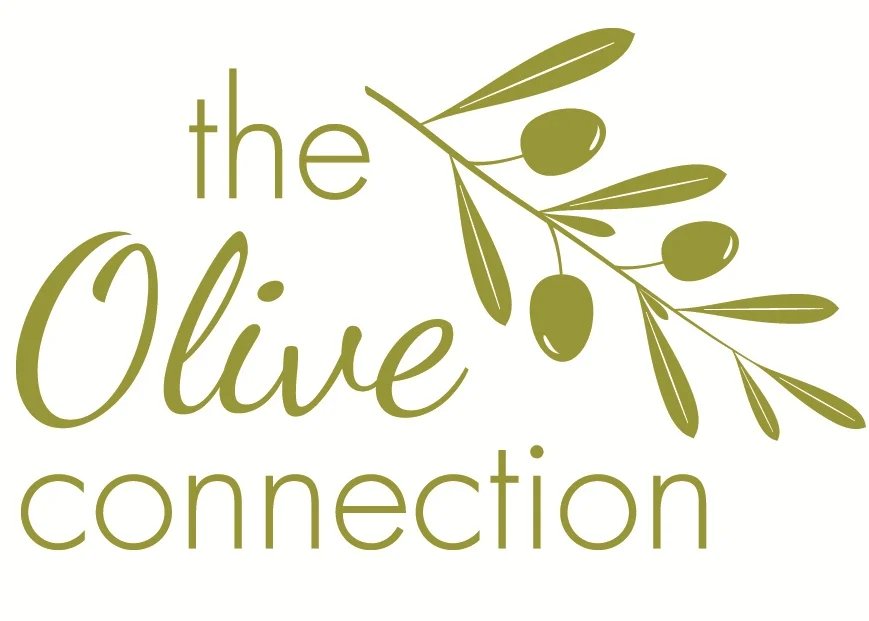Reconsider What You Thought You Knew About Olive Oil...
We invite you to re-consider what you thought you knew about olive oil. One common assumption is that most olive oils are Italian or Spanish. With all due respect to our European neighbors - while they may export the highest volume - they do not necessarily produce the highest quality. Olive trees (and olive oil) have been part of Greek history and tradition for centuries, as demonstrated by 50,000 - 60,000 year-old fossilized olive trees found in the volcanic rocks of Santorini. With an estimated 80% of the olive oil produced in Greece qualifying as extra-virgin (the highest quality possible) - we tend to most happily consume our prize product domestically. Consider it our best-kept secret (until now).
A Country's 4,000 Year-Old Tradition
The olive tree is native to the Mediterranean; this is its natural environment, which influences its taste and nutritional qualities. Greece's geography and climate in particular provide ideal conditions for the cultivation of olive trees. Substantial sunlight year-round, mild winters and warm summers contribute to the growth of a vast variety of flora and fauna. In addition, Greek culture is closely connected with the olive tree, its fruit and olive oil. The process and technique of cultivating and producing olive oil has been passed down across generations for almost 4,000 years. As you'll learn below, most varieties of olives were cultivated since ancient times in Greece, and are native to the country.
The fossilized remains of olive brunches have been found in Kaldera (in Santorini island), with their origins traced back 60,000 years ago. Olives were first cultivated in the beginning of 5000 B.C., with olive cultivation spreading from Crete to the northern areas of Greece until 1400 B.C. Until 1500 B.C., Greece (particularly Mycenae) was the area most heavily cultivated. With the expansion of the Greek colonies, olive cultivation and culture began to spread across the entire Mediterranean basin.
Olive trees dominated the rocky Greek countryside and became pillars of Hellenic society; they were so sacred that those who cut one down were condemned to death or exile. In ancient Greece, olive oil was the hottest commodity; advanced ships were built for the sole purpose of transporting it from Greece to trading posts around the Mediterranean.
This history indicates one clear fact: olive oil enjoys a rich history and tradition in Greece, which has quite likely been cultivating, producing and trading it longer than any other nation. However, in today's world of globalized commerce, it remains a quieter secret than the olive oil exported by other neighboring nations.
One of the World's Highest-Ranked Olive Oils
You may not be accustomed to seeing a wide range of Greek olive oil brands on your grocery store shelf - but Greece happens to produce some of the most highly awarded and rated olive oils of any country. Below are some interesting facts issued by the U.S. International Trade Commission about Greek olive oil:
As much as 80% of Greek olive oil is qualified extra-virgin - the highest share among any Mediterranean country.
Greek olive oils stand out from the pack because they have desirable flavor profiles and score well on chemical tests measuring quality. One contributing factor is that oil milled from Koroneiki olives tends to be the highest in antioxidant (polyphenol) content, and lowest in acidity among all olive oils.
Greek olive oils are also considered among the fruitiest and most robust. As a result, they are in high demand by bottlers for blending with their oil (of different nationality and variety) to raise the overall taste profile of their oil.
Greece is the third largest producer of olive oil, but little of its oil is exported as a Greek product. Most Greek olive oil is consumed domestically, with much of the balance exported to bottlers in Italy for blending with olive oils from various sources.
This is why The Olive Connection exists, and why we ensure that our authentic, premium extra-virgin olive oil is extracted from a single source of Greek Koroneiki-variety olives. Learn more about our product here.
A Meaningful Symbol and Elixir of Health
The olive branch has long been considered a symbol of abundance, peace, wisdom and victory. Emblems of benediction and purification, the leafy branches of olive trees were historically used to crown the victorious in friendly and bloody battles, and the oil of its fruit has anointed noble heads throughout history. The ancient Greek attributed their physical strength and mental virility to the consumption of olive oil, while Hippocrates - the father of medicine - cited more than 60 therapeutic uses for olive oil. Homer called it “liquid gold.” Ancient Greek athletes ritually rubbed olive oil over their body, creating a mystical glow that is threaded into the country's history. In short, olive oil has served as more than food to the people of Greece: it has been medicinal, magical, an endless source of fascination and the fountain of great wealth and power.





